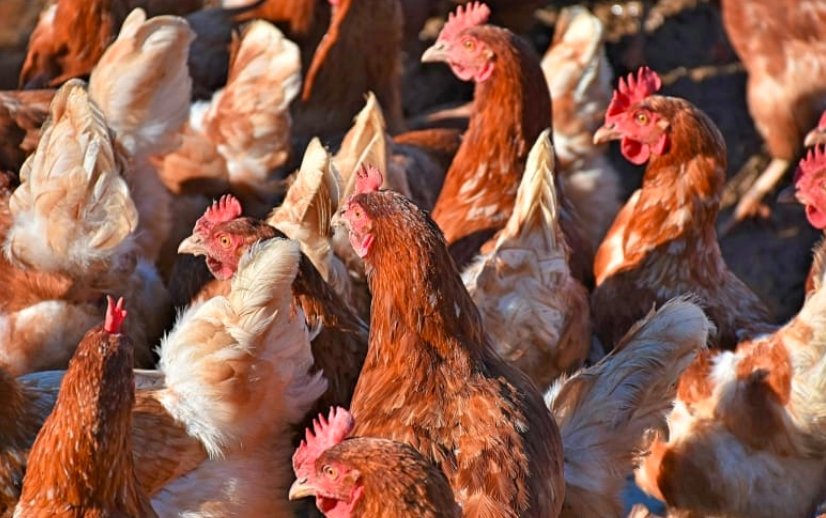A case of Bird Flu, specifically the highly pathogenic H5N1 strain, has been confirmed at a commercial egg layer farm in Allen County, Indiana, prompting swift action to contain the virus. This strain has been linked to massive poultry deaths across the country.
The United States is currently grappling with what is being called the biggest animal health emergency in history, and Allen County has become the latest epicenter. The discovery of the H5N1 strain of Bird Flu at a commercial egg layer farm with around 24,000 to 26,000 birds has raised alarms, especially considering the strain’s deadly nature for domestic poultry.
Denise Derrer Spears, Director of Public Information for the Indiana Board of Animal Health, highlighted that while Bird Flu is not a new issue, this strain is particularly concerning due to its high pathogenicity. “It will actually kill domestic poultry,” she said, stressing the severe threat it poses.
The Immediate Response to Control the Spread
In the wake of the discovery, authorities have implemented strict measures to prevent further spread. A 10-kilometer control area has been established around the infected site, and a 20-kilometer surveillance zone has been set up. The next step is a grim but necessary one: depopulating the affected flock. “They have to be depopulated. That is to control the spread of the virus,” said Derrer Spears.
This is not the first such outbreak in the state. Earlier this month, a similar case was found in Jay County, leading to the culling of nearly 400,000 birds. The decision to depopulate the infected flocks is standard practice to prevent the virus from spreading to other farms or regions.

Precautionary Measures for Farmers and Workers
While the virus poses a low risk to humans, Derrer Spears emphasized the importance of following strict hygiene protocols to reduce the likelihood of transmission. “Wearing special clothes that only stay in the barn, cleaning and disinfecting their footwear, washing hands, screening off the barn so they don’t get wild bird entry—those types of things,” she said. However, she acknowledged that preventing the virus entirely can be a daunting task.
Despite the outbreak, Derrer Spears reassured consumers that the risk of infection through commercial poultry products remains minimal. “This will not affect the consumers, as each flock is tested for Bird Flu before their products are shipped off to the grocery,” she stated, emphasizing that the food supply is safe.













